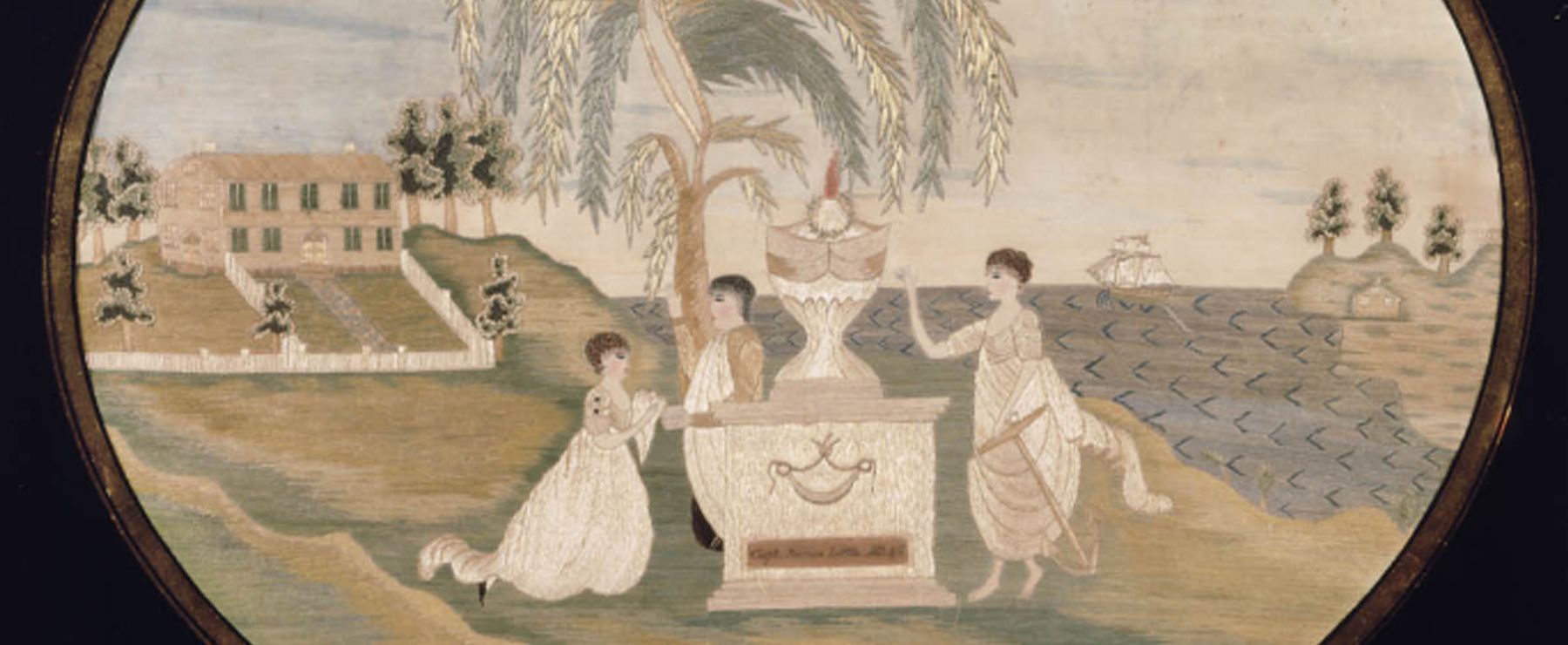Back-to-School Archives Crawl Open House

MHS Event
At MHS
Women’s Education in the Early Republic
Massachusetts was an early advocate for female education in the 18th and 19th century. Women were seen as an integral link for the education of American values within families. Samplers, diaries, lesson plans, and school records that illustrate the rise in female literacy will be on display at the MHS.
The display is part of the Back to School Archives Crawl taking place from 3 to 17 September. The open house at the MHS is on 10 September from 5 to 7 PM.
Masks are optional for this event.
By attending this event you are agreeing to abide by the MHS Visitor Code of Conduct.
